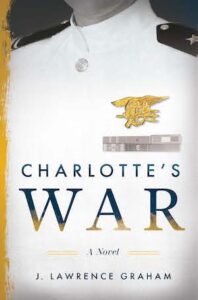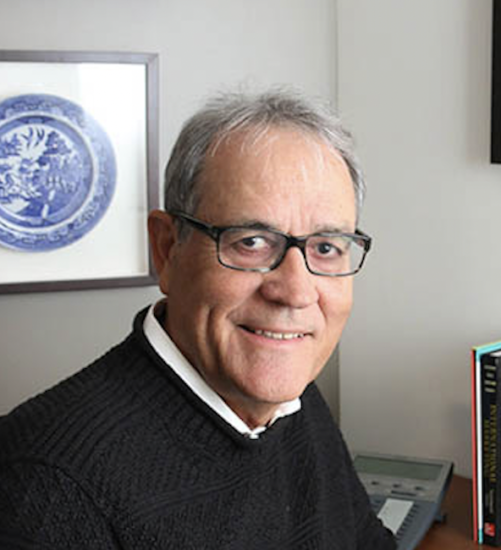John Lawrence Graham is a world class social scientist in the topics of international business and global negotiations. He has written six books and scores of articles. In Charlotte’s War he integrates his four decades of peacebuilding and his one decade as a military officer (Navy SEAL) into a fascinating novel. The book will make you laugh, cry, and think about ways to apply creativity rather than coercion to solve today’s problems.
You’re an author, but is it your day job? I retired from the University of California, Irvine in 2010. Since then, I have been concentrating my efforts as an author to complete a series of books on peace building within families, neighborhoods, international commerce, and across cultures.
Did you always want to be an author? I got the writing bug when I decided to turn my UC Berkeley dissertation comparing American and Japanese negotiation styles into a managerial book.
What is your most recent book and what inspired you to write it? My most recent book is Charlotte’s War. In it I integrate all my experiences in academia and the military into a story about an extended family navigating three wars in Japan, Korea, and Vietnam. The main message is that in human relations coercion has  become obsolete in the 21st century. American women already know this, but the culture of force is deeply imbedded in the mind of men. The book is mainly about a mother trying to save her son from the travails of war in Vietnam.
become obsolete in the 21st century. American women already know this, but the culture of force is deeply imbedded in the mind of men. The book is mainly about a mother trying to save her son from the travails of war in Vietnam.
In the book I provide peaceful alternatives to warfare. In particular, international trade is the best way to produce global peace. This is so in three ways. First, commercial interactions help interpersonal and international understanding and cooperation. Second, international trade creates interdependence among countries. Third, the diversity of international commerce produces the most creative ideas and inventions.
Charlotte’s War is a historical novel and represents my first attempt at fiction. Academic writing can be quite tedious at times. Telling Charlotte’s story was much more fun as I was able to include humor and romance. Writing about human tragedy and death is not fun, but it is an important part of life.
How do you hold yourself accountable and achieve the goals that you set forth? My only tip for writing has to do with the process. I think of all my books as little houses, and I try to build them one chapter at a time. I do have an overall plan, but I find it more satisfying to finish one room (chapter) at a time as I build my books.
How do you hope your book uplifts those who read it? In my teaching in the classroom or on the page I try to entertain as well as educate.
How do you handle setbacks and criticism? Being a social scientist for three decades, I am quite used to rejection. I have always told my doctoral students that rejection letters are a sign of progress. In one’s career, persistence is crucial. And, if your work doesn’t yield criticism, then you aren’t thinking creatively.
Anything else you’d like to share with your readers? We need more books and articles that stimulate creative thinking about the problems facing Mankind in the coming difficult years.
Connect with John via his website.
Images Courtesy of Greenleaf Book Group


No comments yet.